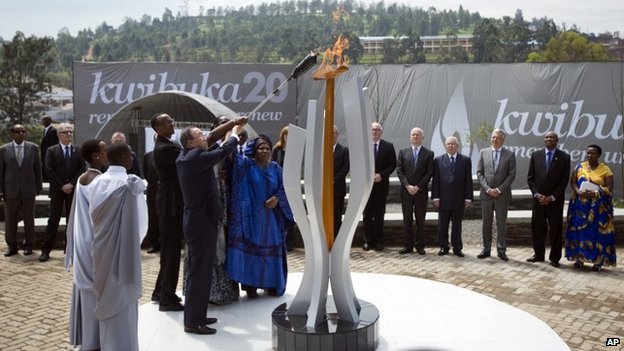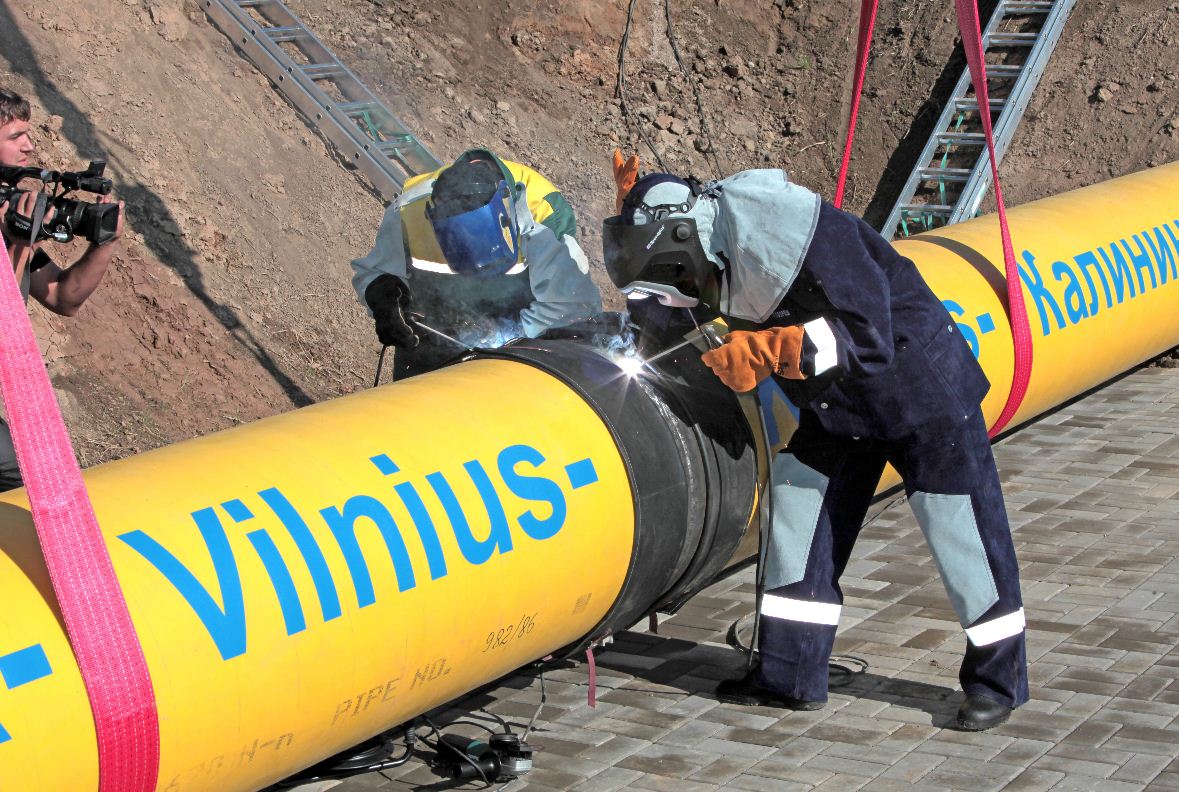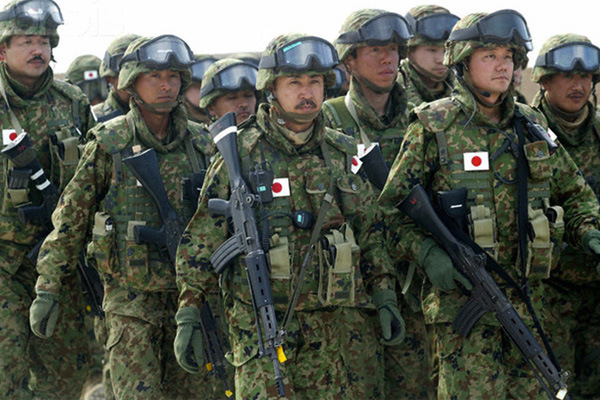Kristian A. Kennedy: Ballistic Missiles
Contributing Writer
The international news story of 2016 will not be a place or a personality, but rather a weapon.
A source of power projection for great powers and weak states alike, ballistic missiles will impact security problems in several parts of the world in 2016. Three major regions — Europe, East Asia and the Middle East — will be affected.
Unlike 1983, dubbed “Year of the Missile” on account of the NATO-Warsaw Pact Euromissile Crisis, in 2016 ballistic missilery will impact events behind the headlines. The focus of news stories will be on who is wielding them and where.
In Europe, the tension between NATO and Russia over ballistic missile defence (BMD) will increase with the announcement in early January that the SM-3 Aegis Ashore interceptor site in Romania is now operational.
Russia sees BMD as a potential threat to its strategic deterrent. In late December, 2015 Russia released a new national security strategy that pointed to NATO expansion and deployment of weapons systems in close proximity to Russian borders as key security threats. Not long after the Aegis Ashore announcement, General Sergei Karakayev, commander of Russia’s Strategic Missile Forces, stated publicly that Russian missiles were capable of overwhelming the missile shield. In 2016, Russia will continue to modernize its defences with countermeasures designed to circumvent BMD.
In East Asia, a cockpit of great power rivalry in the early 21st century, ballistic missiles will be a key capability in the regional security dynamic. For China, ballistic missiles are important anti-access/area-denial weapons to counter American naval power in the Pacific. At a military parade commemorating the victory over Japan in the Second World War in September of last year, the People’s Liberation Army 2nd Artillery Corps showcased the DF-21 and DF-26 missiles, dubbed a “carrier-killer” and a “Guam-killer” respectively. The recent election results in Taiwan, coupled with the downturn in China’s economic fortunes, could hasten an increase in nationalism on the mainland and missile drills. Remember the Taiwan Strait crisis of 1995-96?
In the Middle East, the Obama administration will continue the delicate balance of responding to Iranian missile tests with sanctions while trying to safeguard the agreement on Iran’s nuclear program. Also in the region, ballistic missiles will remain a deadly tool in the arsenal of forces aligned against the Saudi-led Arab coalition in Yemen. By launching Soviet-era SS-21 Scarab missiles at Saudi coalition positions inside the kingdom, the Houthis have been able to challenge the coalition’s claim to have neutralized the Houthi missile threat. As in any asymmetrical contest, the Houthis only need to continue to lob missiles to remain a security challenge on the Arabian peninsula. As the Houthis live to fight another day, the common perception in the region that the struggle for power in Yemen is a Saudi-Iranian proxy war will persist.
Michael Lumbers: America Elects Its First Female President
Program Editor, Emerging Security
Senator Bernie Sanders’ surprisingly pesky challenge to Hillary Clinton for the Democratic presidential nomination –it’s very conceivable that he could win both the Iowa and New Hampshire contests –is a useful reminder that there’s no such thing in politics as a straight line to victory. Still, the smart money is on Clinton for securing the nod as her party’s standard bearer in this November’s election and ultimately moving back to the White House.
Clinton’s strengths –her inheritance of much of Barack Obama’s formidable campaign apparatus and many of his political advisers; her appeal to critical black, Latino and female constituencies; a steady flow of campaign contributions; the widespread support of the Democratic establishment; a healthy reserve of goodwill toward the Clintons from much of the party –will surely prove too much for an outgunned Sanders to overcome. Moreover, seismic shifts in the make-up of America’s electorate that have seen the Democrats win a plurality of votes in five of the past six presidential elections bode well for her chances in the general election. The likelihood of Hillary Clinton being elected America’s first female president will be that much greater if the highly fractious Republicans settle on a divisive, far-right nominee, as seems increasingly likely, and if there is no game-changing event, such as another financial crash or major terrorist attack on U.S. soil, to throw the campaign off course.
Such a victory will be every bit as historic as Obama’s shattering of racial barriers in 2008. The effects will reverberate abroad, too, as there will be notable modifications in both the tone and substance of U.S. foreign policy. While Clinton has closely hewed to much of Obama’s diplomatic record as she courts her party’s progressive base during the primary campaign, she can be expected to subtly distance herself from it in the fall to counter Republican charges of pusillanimity. There is every indication she will govern more hawkishly and with fewer ideological inhibitions than her predecessor upon assuming office in January 2017.
As has been well documented, Clinton adheres to an idea of the U.S. as the world’s “indispensable nation,” a view stemming from the formative experience of America’s Cold War victory and one that is somewhat at variance with Obama’s more circumscribed notion of how the country’s power should be wielded. On at least two critical issues this difference in perspective will be felt acutely.
First, relations with China will become even testier. As Secretary of State during Obama’s first term, Clinton spearheaded America’s “rebalancing” to Asia with considerable firmness, much to the irritation of Beijing. This initiative has unfolded unevenly since her departure, but will likely be invigorated under a Clinton administration, especially if there is no let up in China’s muscle flexing in the South China Sea.
Second, there will be a more forceful effort to engineer an end to hostilities in Syria and to combat ISIS. While Obama’s aversion to another Middle Eastern morass has underlined both his hope that the Syrian fighting would be contained without the need for U.S. intervention and his rather restrained military measures against ISIS, Clinton will likely push for the heightened training and arming of Syrian militias (which she advocated as Secretary of State), the introduction of a no-fly zone in Syria and intensified airstrikes against ISIS targets.
Busra Karasu: The Fall Of ISIS? Not So Fast
Program Editor, Canadian Armed Forces
ISIS will continue to dominate headlines throughout 2016 as it did last year – and the year before that. As British Defence Secretary Michael Fallon pointed out last month, the number of ISIS-inspired terror attacks that happened in 2014 did not exceed 15, whereas “the jihadis inspired by the evil organization” carried out around 150 deadly attacks during 2015.
ISIS-affiliated groups will likely increase the scope and magnitude of their unpredictable, violent attacks, as its central leadership loses a grip on territories seized in Iraq and Syria. Accordingly, we will see news outlets covering ad nauseam what different tactics ISIS is employing in order to advance its strategy of waging urban warfare, while further planting the seeds of fear and vulnerability by targeting multiple locations in countries with a significant Muslim population. (e.g. Libya, Dagestan, Malaysia and Turkey)
What now seems like a grim prediction could in fact mark the departure from a previously failed “containment” and “degrade and defeat” strategy, and prompt a more cohesive military effort that will eventually give the upper hand to the anti-ISIS coalition. One way to achieve a more united front against ISIS is through adopting the “widening and deepening” approach, which emphasizes a convergence of strategic interests while recruiting other members to boost global support necessary to tackle ISIS.
Securing a sectarian political order in such turmoil is still far from sight. Yet could the last quarter of 2016 see the ultimate fall of ISIS?
Eimi Harris: Clinton Redux
Program Editor, Women in Security
Regardless of which political party you support in the U.S., the ongoing presidential campaign has been interesting to say the least. What tends to get lost between the debates, campaign rallies and media sound bites, though, is the presidential election itself.
For the Democrats, the decision is between Hilary Clinton and Bernie Sanders. While Clinton is the more recognizable face, (having served as both Secretary of State and First Lady) Sanders is beginning to gain traction. It is still too close to see a clear Democratic nominee, though.
For the Republicans, the range of candidates is still very large. Between Marco Rubio, Ted Cruz, Jeb Bush, Ben Carson, John Kasich and more, it has been hard for a candidate to command sufficient media attention to articulate his platform. Then there is Donald Trump, who has dominated the Republican race. The Iowa caucus on February 1 will play a large role in indicating to whom party activists are leaning toward.
Despite the media circus this presidential campaign has been so far, it is important to remember the full impact the election will have on 2016: the winner will, after all, become president of the world’s most powerful country. Months of campaigning will finally identify a single national leader. This candidate will have great influence on America’s economic decisions, military strategy and foreign policy. By extension, these decisions will seriously impact international relations and the global economy.
Hillary Clinton will most likely emerge victorious. She will carry out a much tougher, more assertive foreign policy than Barack Obama’s. Other countries will have to strengthen their own security posture when it comes to negotiating and engaging with the U.S.




